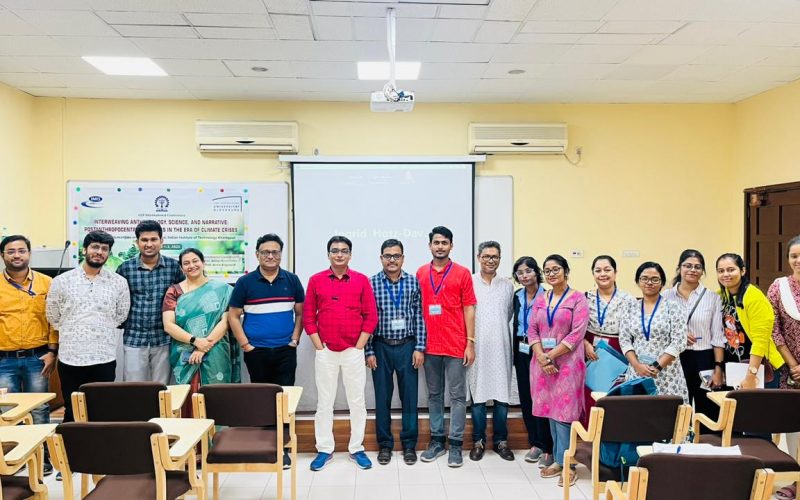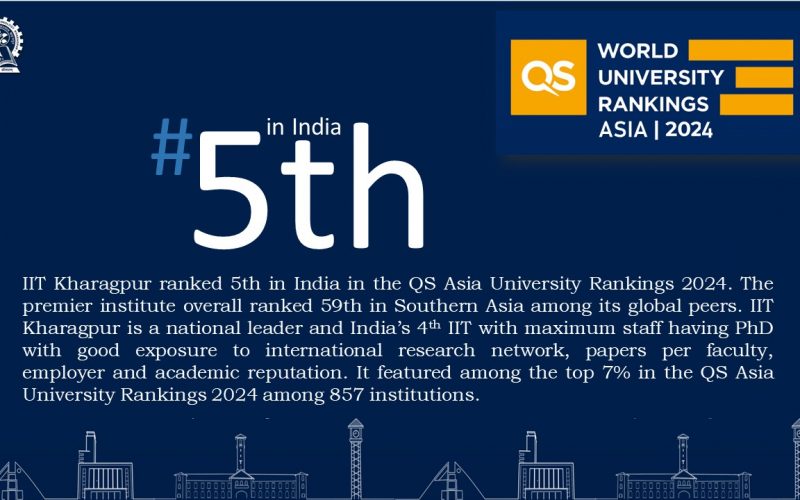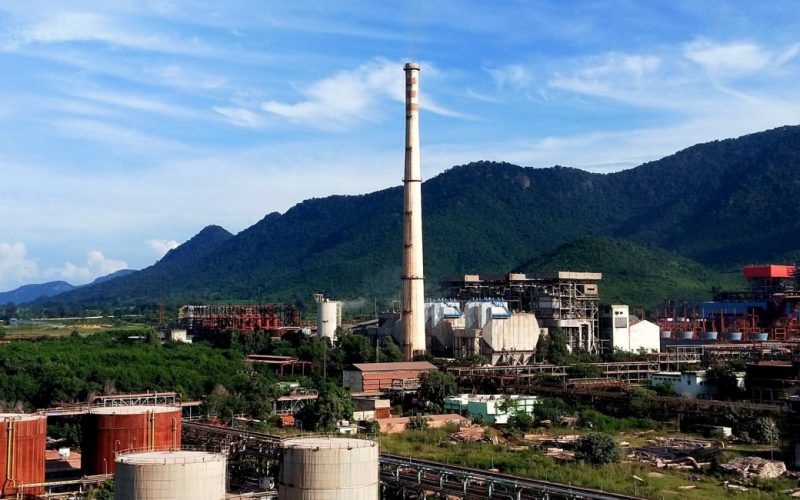
Interweaving Anthropology, Science and Narrative of Climate Crisis
Department of Humanities and Social Sciences of IIT Kharagpur conducted an international conference on "Interweaving Anthropology, Science, and Narrative: Post-anthropocentric Mappings in the Era of Climate Crises," last week that saw the footfall of many eminent national and international academicians, experts, researchers and scholars. The conference was organised by Dr. Saswat Samay Das & Prof. Bhagirath Behera, Department of Humanities and Social Sciences, IIT Kharagpur in association with Prof. Anton Kirchhofer & Dr. Anna Auguscik, University of Oldenburg, Germany and Dr. Ananya Roy Pratihar, Institute of Management and Information Science, Bhubaneswar, India. Dr. Anna Auguscik, Linguistics and Cultural Studies, Institute…



